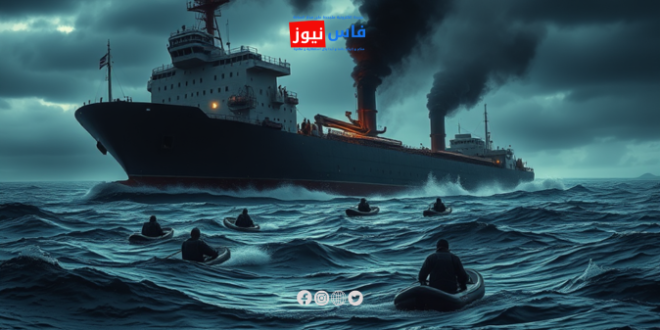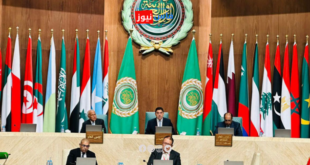On December 23, 2024, a controversial maritime incident occurred off the Spanish coast, where the Russian ship “Ursa Major” sank under mysterious circumstances. This event, taking place in a context of escalating geopolitical tension, raises numerous questions about its implications for strategic balances in the Mediterranean region.
The incident happened just days after a high-level Russian delegation visited Algeria, followed by an urgent meeting between the U.S. ambassador and the Algerian Foreign Minister. This timeline of events suggests a possible connection between the diplomatic visit and the sinking incident.
The “Ursa Major,” belonging to Oboronlogistika, a company linked to the Russian Ministry of Defense, sank following an explosion in its engine room. Of the 16 crew members, 14 were rescued while two remain missing. According to official statements, the ship was transporting cranes and equipment for icebreakers. However, Oboronlogistika claimed the ship was a victim of a “terrorist act,” adding to the mystery surrounding the incident.
This event occurs at a time when the region is experiencing potential strategic shifts. There is talk of a possible withdrawal of Russian forces from their base in Tartus, Syria, which might push Russia to seek a new foothold in the Mediterranean. Algeria, Russia’s largest arms client in Africa, could be a potential partner for Russia in this context.
The swift American response, manifested in the urgent meeting with Algerian officials, reflects concerns about a possible Russian repositioning in the region. This sequence of diplomatic and maritime events points to a period of realignment of alliances and influences in the Mediterranean area.
Many questions remain unanswered about this incident, including the true nature of the “Ursa Major’s” mission, the reasons for the simultaneous presence of the cargo ship “Sparta” in the area, and the impact of this event on Russian-Algerian relations and regional balances.
In conclusion, the sinking of the “Ursa Major” goes beyond being a mere maritime incident, becoming an indicator of profound geostrategic changes in the Mediterranean. The precise chronology of diplomatic and maritime events suggests a period of realignment of alliances and influence in the region, which could have a significant impact on the geopolitical landscape in the near future.
 فاس نيوز ميديا جريدة الكترونية جهوية تعنى بشؤون و أخبار جهة فاس مكناس – متجددة على مدار الساعة
فاس نيوز ميديا جريدة الكترونية جهوية تعنى بشؤون و أخبار جهة فاس مكناس – متجددة على مدار الساعة













